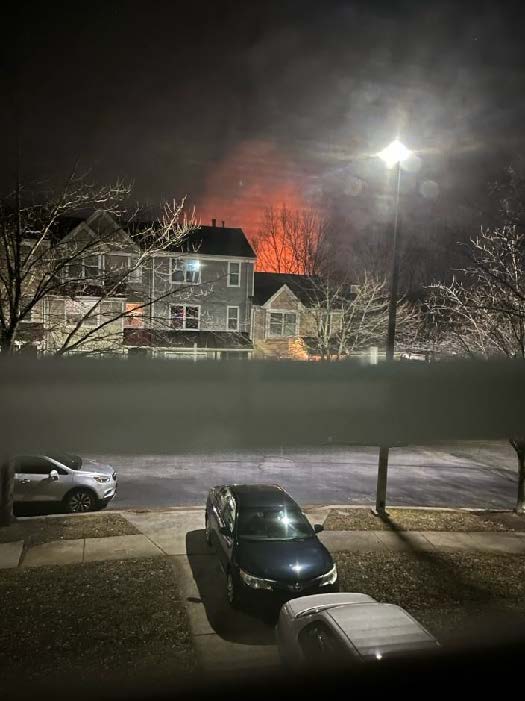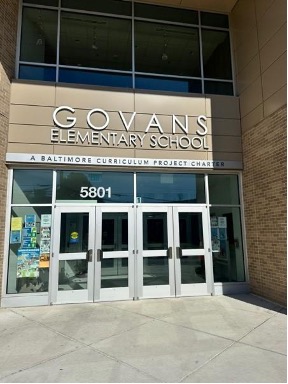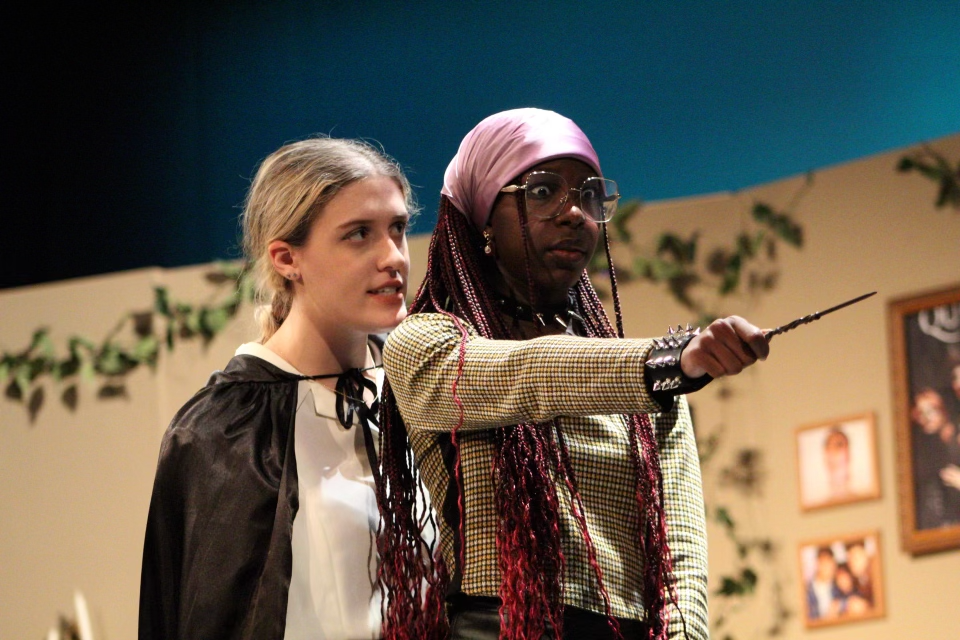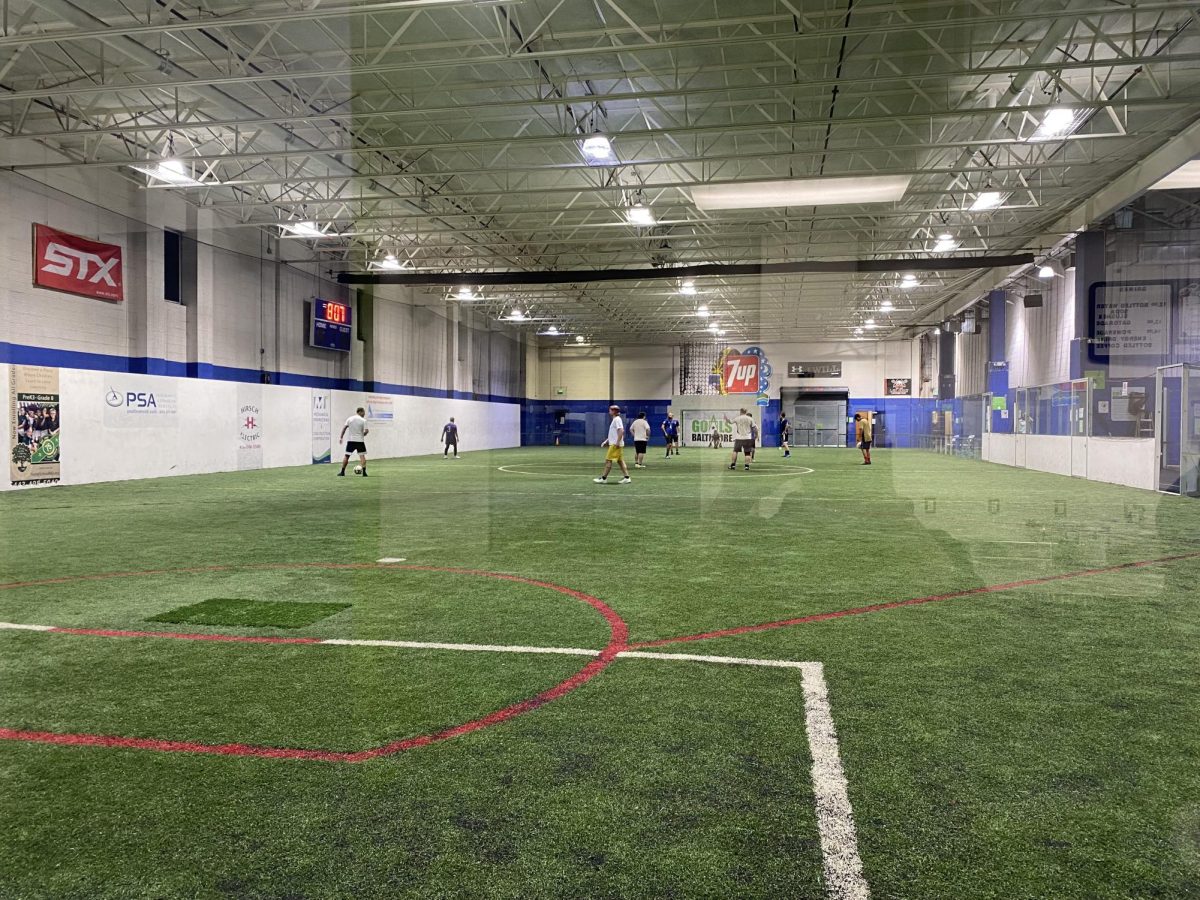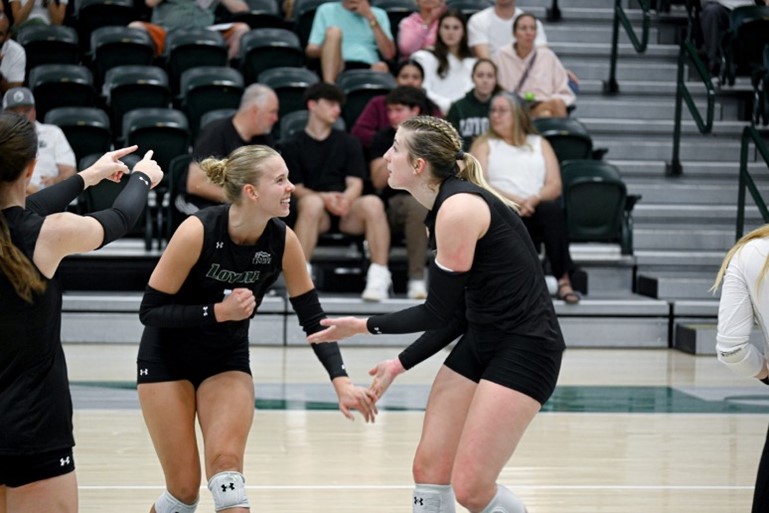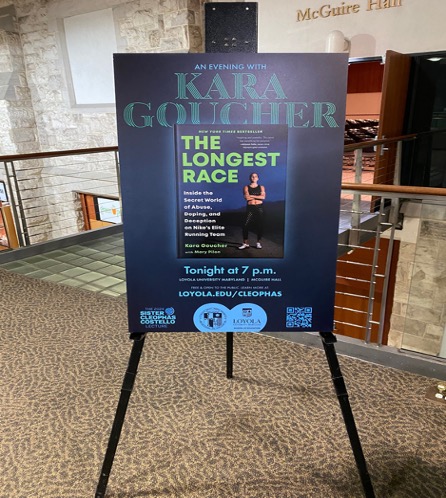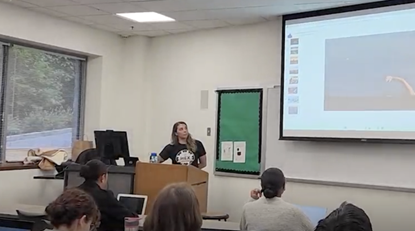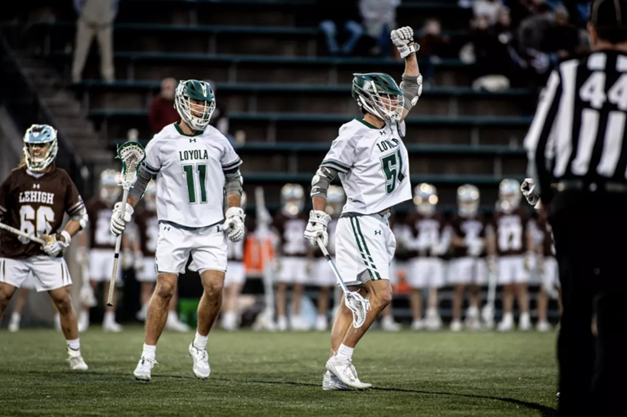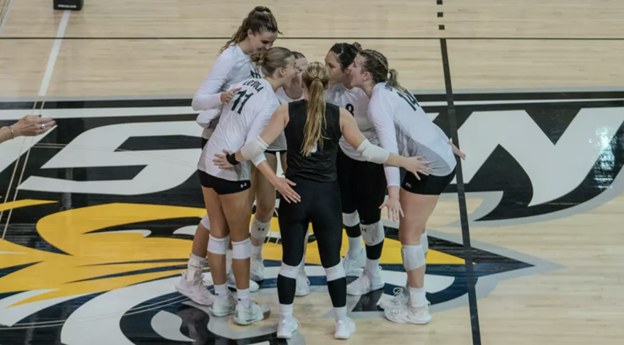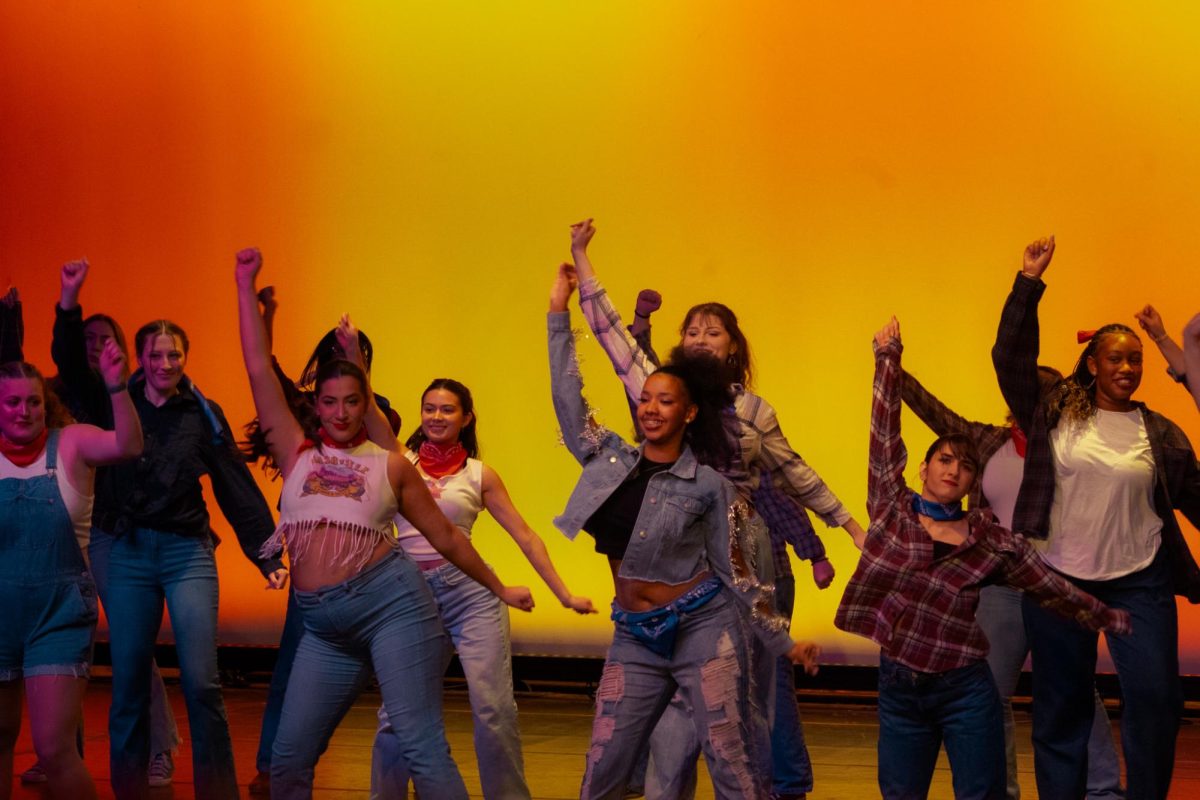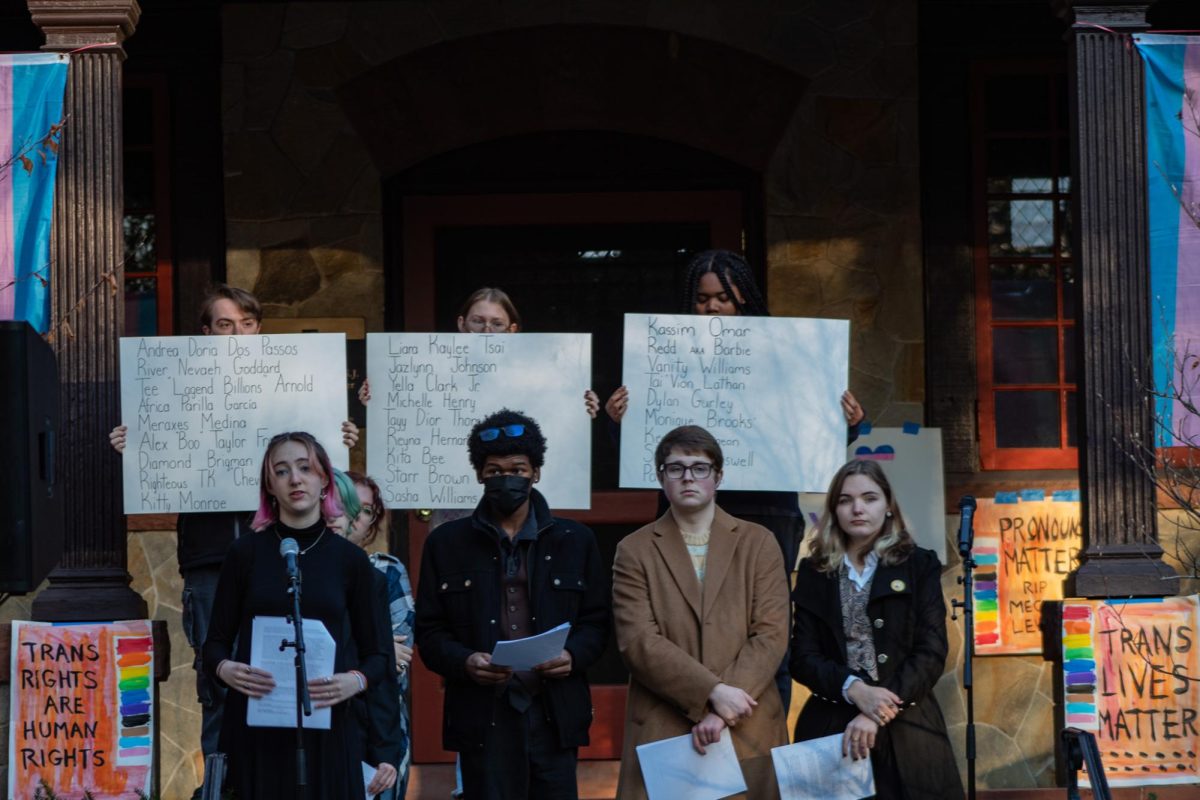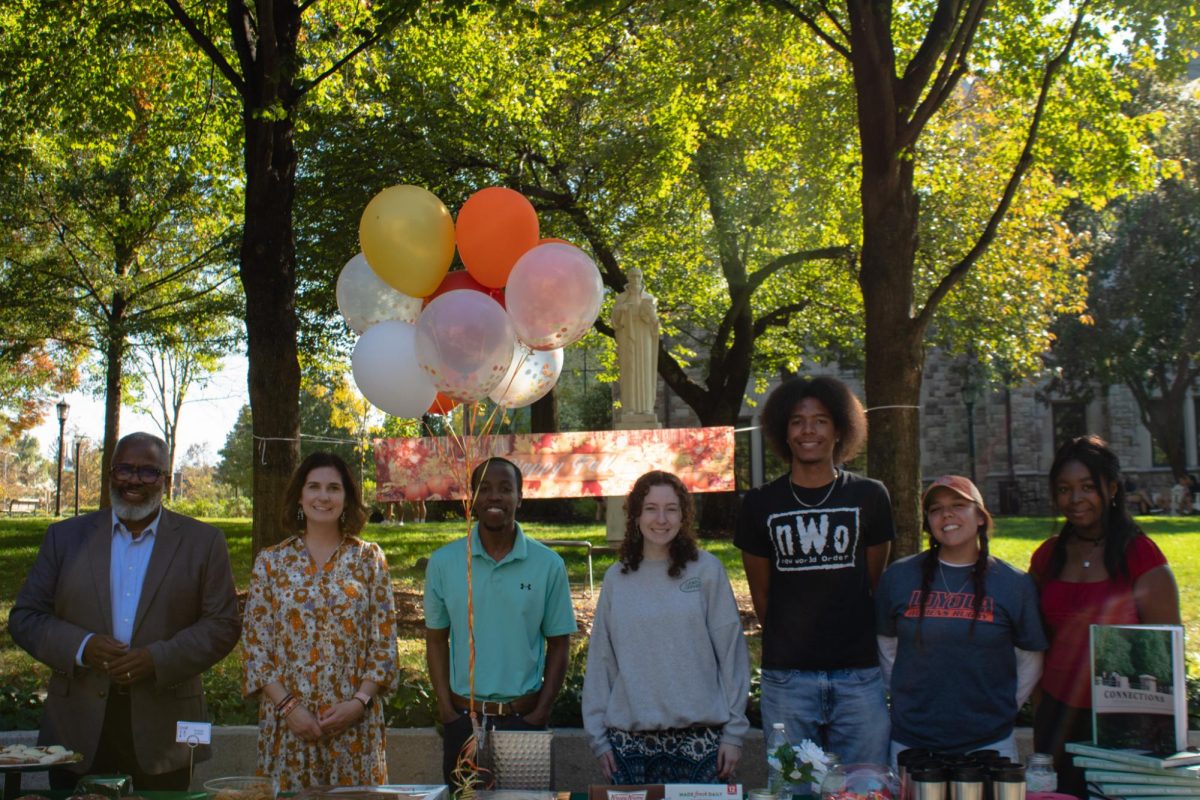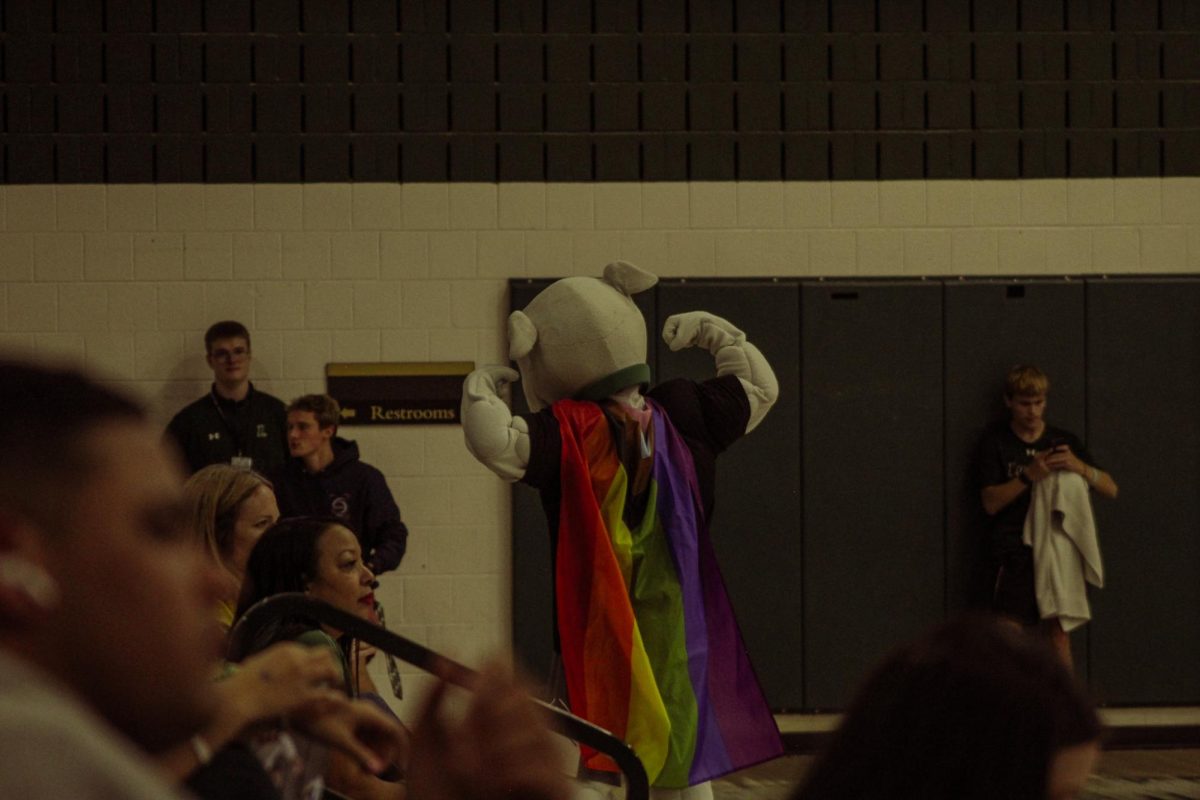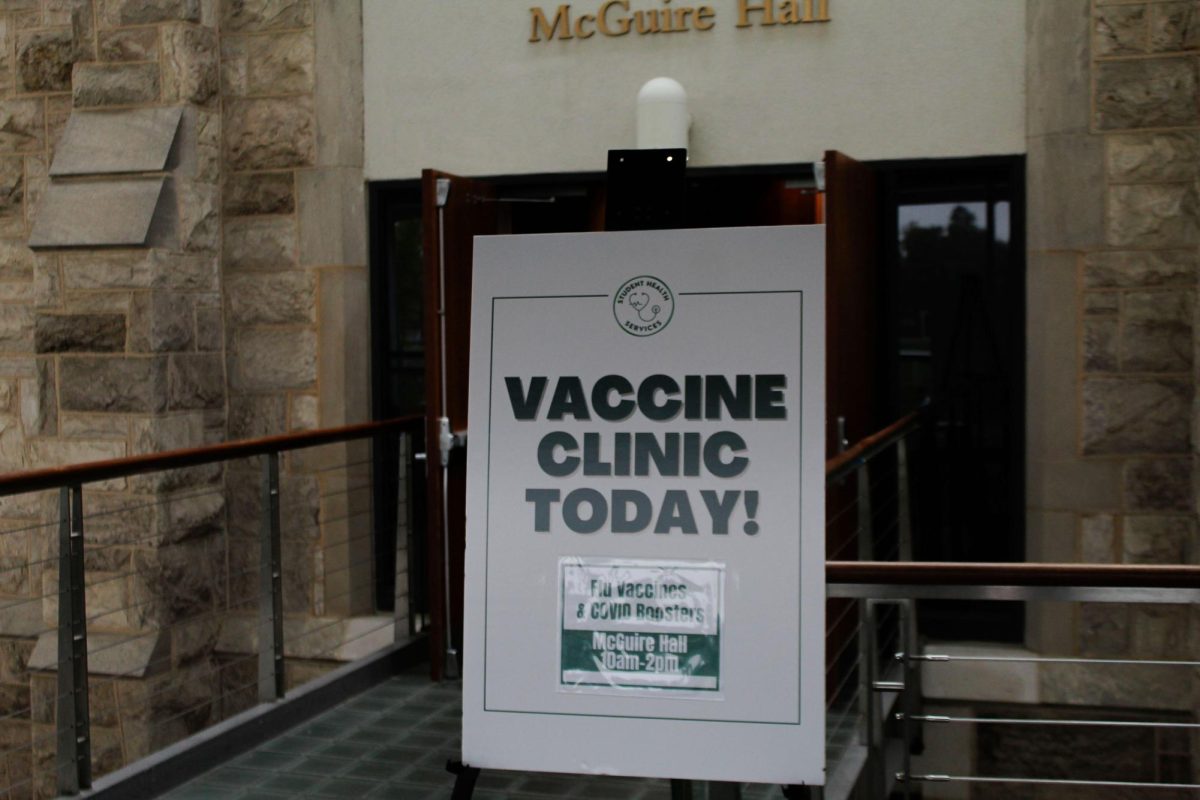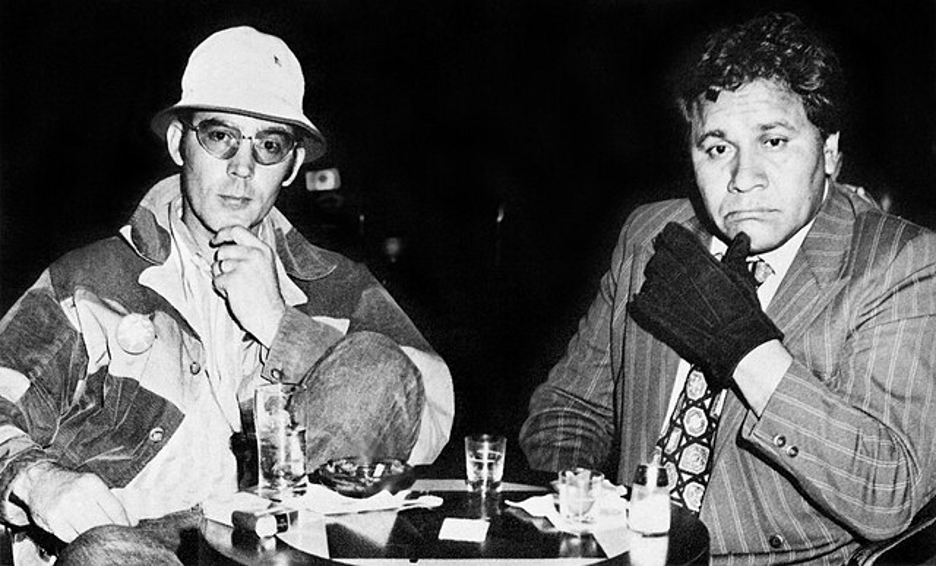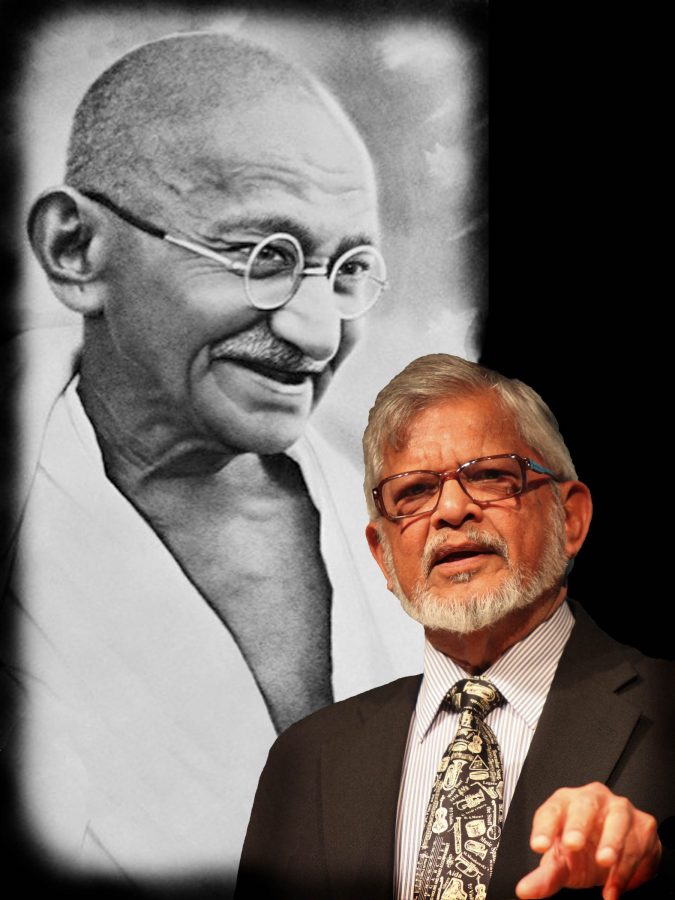On Feb. 2, Arun Gandhi spoke at our university. Arun Gandhi is the grandson of the famous activist and leader for Indian independence, Mahatma Gandhi. Gandhi became famous for his efforts in securing India’s independence from Great Britain. Prior to Gandhi, a revolution usually meant rounding up troops, weapons, and violently killing your way towards independence.
However, Gandhi went a different route. Gandhi decided to use a path of non-violence to gain independence from Britain. Through boycotting British products, and peacefully marching in streets, Indians were able to succeed in what violence failed to do.
In his speech, Arun Gandhi emphasized the point that our culture is inherently violent. Entertainment, relationships, sports, and language have all become violent throughout the years. If people want violence to end, Arun believes that it starts from within individual people. If someone wants to stop the culture of violence that has been growing throughout the years, then it comes down to people to make a change.
Arun also said that his grandfather’s practice of nonviolence isn’t something you can turn on and turn off at will. If one really wants to make an impact in the world, it must be practiced throughout one’s entire life.
I found this speech timely, considering the state of our country. It seems like there is a protest every week about President Donald Trump, and anyone who supports him as well. While some of the marches are peaceful, like the Women’s March, others have turned violent, like the one at University of California, Berkeley.
On Feb. 1, right-wing journalist Milo Yiannopoulos, who seems to make it his job to agitate everyone, was greeted with hundreds of peaceful protesters. A group of rioters hijacked the protest, and began lighting trash cans on fire, breaking windows, and attacking Trump and Milo supporters , because of mean words they didn’t agree with.
How can we use Gandhi’s message in our world today? It seems like the country is so split between parties that it is impossible to bring people together. When people are setting objects on fire to prevent a man just from speaking at a public university, you get the sense that the stark opposition between American is becoming harder to unify.
Is nonviolence even rational, some seem to ask? It seems like a rising number of people are starting to support violent means of protest. For example, the question of whether it is OK to punch a Nazi. This notion became popular when Richard Spencer, a vomitus alt-right darling, was punched in the face at Trump’s inauguration (which has since been getting the meme treatment). This led many people to proclaim that Spencer, along with all Nazis, deserve to be punched in the face for their disgusting viewpoints. I agree that Spencer’s viewpoints are grotesque in nature, but I don’t agree that punching him in the face is the right answer.
Who exactly is a Nazi? We can’t exactly be justified in punching a “Nazi” if we can’t agree who actually is one.
According to a professor at California State University, Los Angeles (CSULA), conservative political commentator Ben Shapiro (who is actually Jewish) is a neo-Nazi. Why does this professor consider Shapiro a neo-Nazi? Because he is against the political movement of Black Lives Matter. It seems that for some, anyone who speaks out against their political movements or viewpoints is a neo-Nazi. Once you declare that it is okay to punch a neo-Nazi like Spencer, then you open the door for the term “Nazi” to apply to many more people. Following this logic, then anyone who is on the right should be labeled a Nazi and should be assaulted.
As Arun Gandhi said, “people by nature are violent.” We love watching Captain America punch Nazis in the face in World War II, so we love to see Nazis get punched in the face in 2016. It must be an American pastime.
However, one of the main problems with punching Spencer is that now there are a lot more people who are aware of his message since that video came out. According to this Google Trends chart, the very peak of Spencer’s popularity occurred when he was punched in the face. This clearly shows just how counterproductive the act of violence was.
What’s the solution then? If you believe someone’s speech is hateful, then the rational thing to do is to prove it and expose them. Spencer feeds off of the drool of his White Nationalist supporters. If you attack Spencer’s viewpoints, it will lead to his supporters developing a confusion of what is correct and they will start to realize that their viewpoints are wrong. Attacking the idea that a speaker is putting forward is also attacking their credibility with people, which will make them become irrelevant.
Nonviolent and logical protests, of the sort Mahatma Gandhi led and Arun Gandhi advocates, is infinitely more effective then burning objects and punching people just because you disagree with them. I guarantee having a sensible discussion on issues is a lot more effective in spreading a message, then throwing a fit and punching people like a 5-year-old that was told no for the first time. Violence against the opposition justifies and feeds the fire for the opposition’s hatred for you. Protest like civil adults, like Gandhi, not like children.










